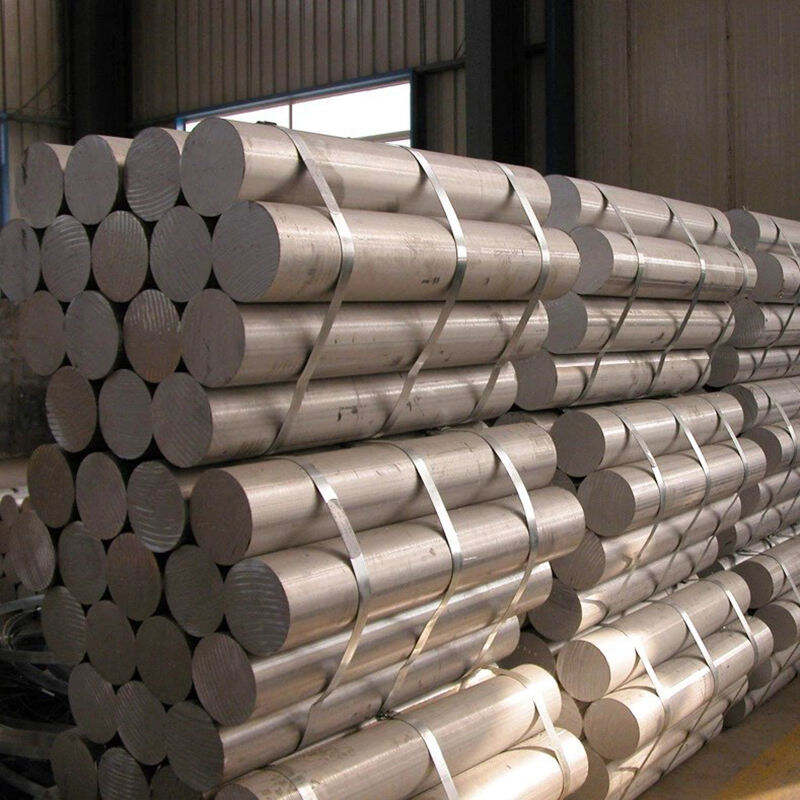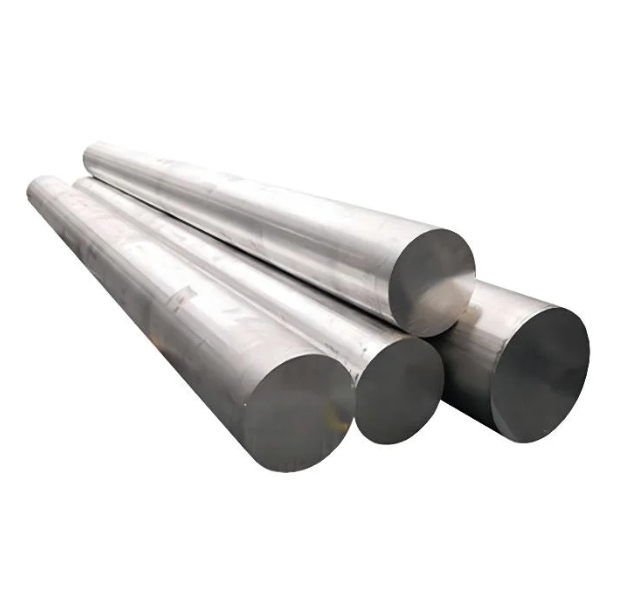Ensuring the longevity of aluminum bars
Aluminum bars are widely used across multiple industries due to their lightweight, corrosion resistance, and strength. Proper maintenance of aluminum bars is essential to preserve their durability and performance. Well-maintained aluminum bars can prevent surface damage, reduce corrosion, and extend service life. This is particularly important in construction, automotive, marine, and manufacturing applications, where aluminum bars play a crucial role in structural integrity and efficiency.
Cleaning practices for aluminum bars
Removing dirt and contaminants
Regular cleaning is vital to maintaining aluminum bars. Dust, dirt, and industrial residues can accumulate on the surface, potentially causing corrosion over time. Using mild detergents and soft cloths or brushes helps remove contaminants without scratching the metal.
Avoiding harsh chemicals
When maintaining aluminum bars, it is important to avoid strong acids or alkalis. Harsh chemicals can damage the protective oxide layer, reducing corrosion resistance and compromising the overall durability of aluminum bars.
Protective coatings and treatments
Anodizing for enhanced protection
Anodizing aluminum bars increases their resistance to wear and corrosion. This process creates a durable oxide layer on the surface, improving longevity while maintaining the metal’s natural appearance.
Powder coating and painting
Applying powder coating or specialized paints on aluminum bars adds an extra layer of protection. This prevents oxidation and protects the surface from scratches, moisture, and UV exposure.
Storage and handling of aluminum bars
Proper storage conditions
Aluminum bars should be stored in dry, well-ventilated areas to minimize exposure to moisture. Stacking bars properly and using protective covers can prevent deformation and surface damage.
Safe handling practices
During transportation or handling, aluminum bars should be lifted and moved carefully. Avoid dropping or dragging bars to prevent dents, scratches, or bending, which can compromise structural performance.
Environmental considerations for aluminum bars
Managing exposure to humidity
High humidity can accelerate corrosion even for aluminum bars. Monitoring environmental conditions and using desiccants or dehumidifiers in storage areas helps maintain durability.
Protection against saltwater and chemicals
In marine or chemical environments, aluminum bars may be exposed to corrosive substances. Protective coatings and routine inspections can help prevent damage and ensure long-term performance.

Routine inspections and maintenance
Identifying surface defects
Regularly inspecting aluminum bars allows early detection of scratches, dents, or corrosion spots. Addressing minor issues promptly prevents more significant problems and preserves overall integrity.
Maintenance schedules for industrial use
Establishing a routine maintenance schedule ensures aluminum bars remain in optimal condition. Industrial applications, in particular, benefit from consistent checks to guarantee performance and safety.
Repair and restoration of aluminum bars
Polishing and surface treatment
Minor surface imperfections on aluminum bars can be restored through polishing and surface treatments. This helps maintain the appearance and structural integrity of the metal.
Welding and fabrication repairs
In cases where aluminum bars are damaged structurally, proper welding and fabrication methods can restore functionality. Using the right techniques ensures the repaired aluminum bars maintain their original strength.
Sustainability and long-term benefits
Reducing waste through proper maintenance
Maintaining aluminum bars extends their lifespan and reduces the frequency of replacements. This contributes to sustainable practices by minimizing material waste.
Cost-effectiveness over time
Properly maintained aluminum bars reduce operational costs. By preventing corrosion and structural damage, industries save on replacements and repairs while ensuring consistent performance.
FAQ
How should aluminum bars be cleaned for maintenance
Use mild detergents and soft brushes or cloths to remove dirt and residues. Avoid harsh chemicals that can damage the protective oxide layer.
Can coatings extend the lifespan of aluminum bars
Yes, anodizing, powder coating, and specialized paints protect aluminum bars from corrosion and wear, enhancing durability.
What are the best storage practices for aluminum bars
Store aluminum bars in dry, ventilated areas, stack them carefully, and use protective covers to avoid moisture exposure and physical damage.
How often should aluminum bars be inspected
Regular inspections should be performed depending on usage conditions, with industrial applications benefiting from routine checks to identify early signs of corrosion or surface defects.
Table of Contents
- Ensuring the longevity of aluminum bars
- Cleaning practices for aluminum bars
- Protective coatings and treatments
- Storage and handling of aluminum bars
- Environmental considerations for aluminum bars
- Routine inspections and maintenance
- Repair and restoration of aluminum bars
- Sustainability and long-term benefits
- FAQ




